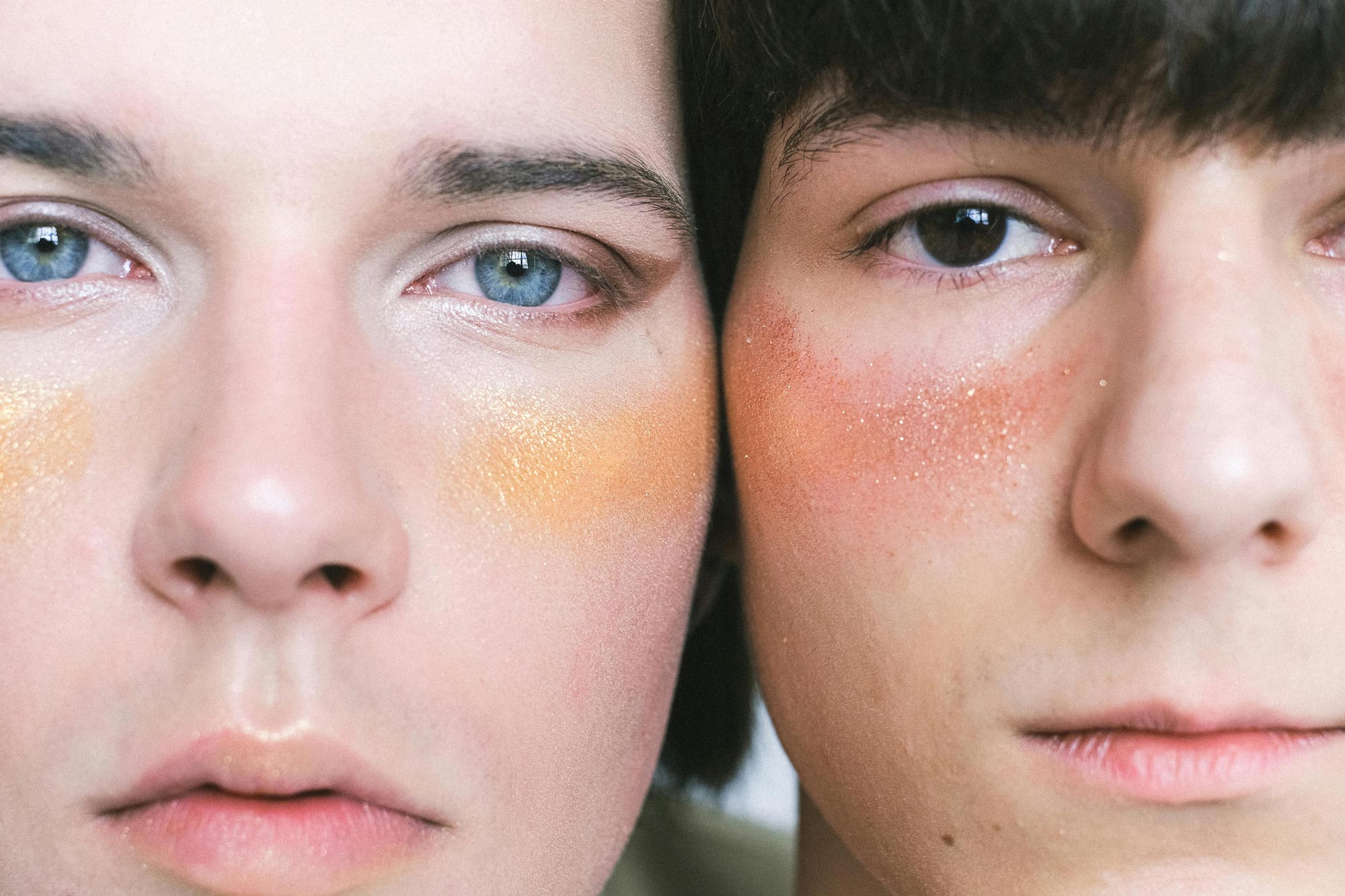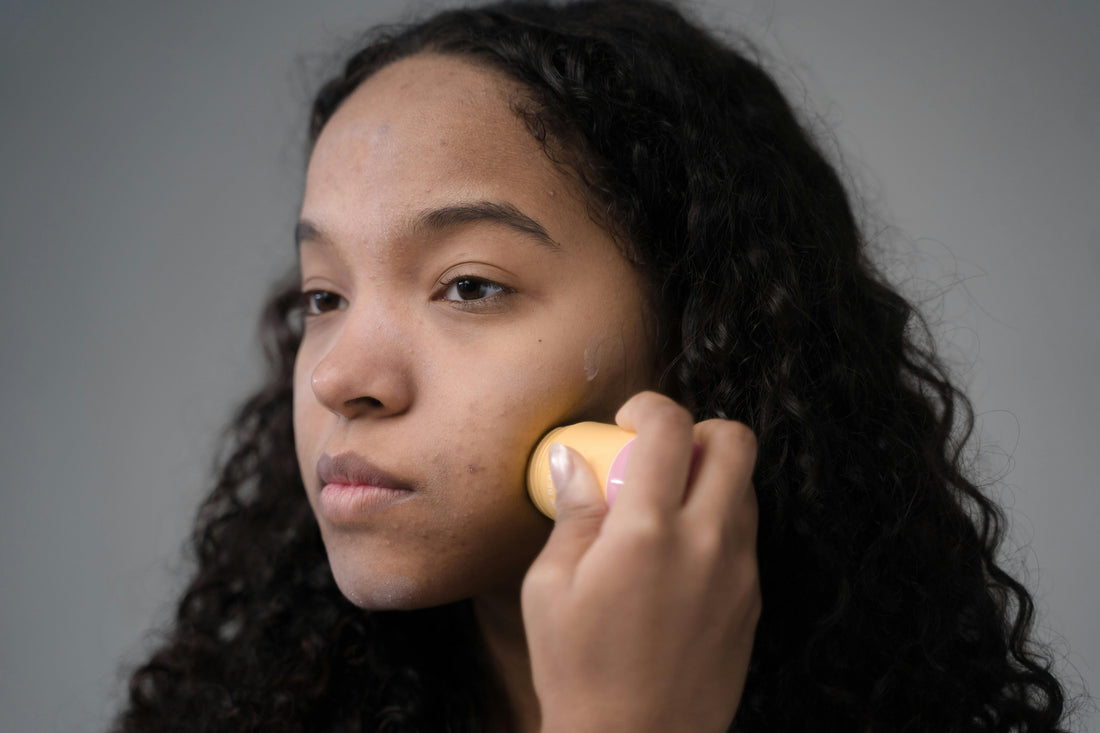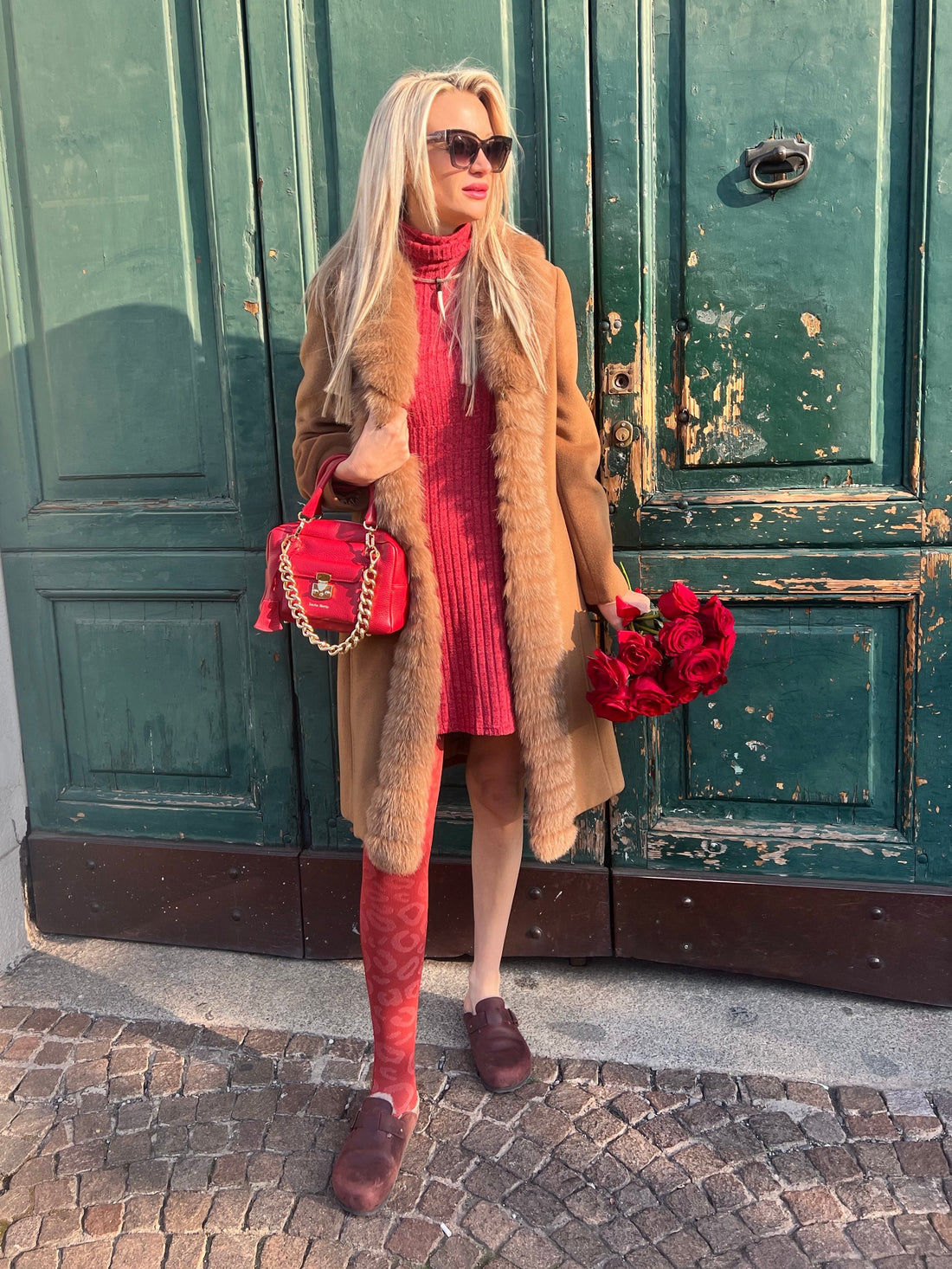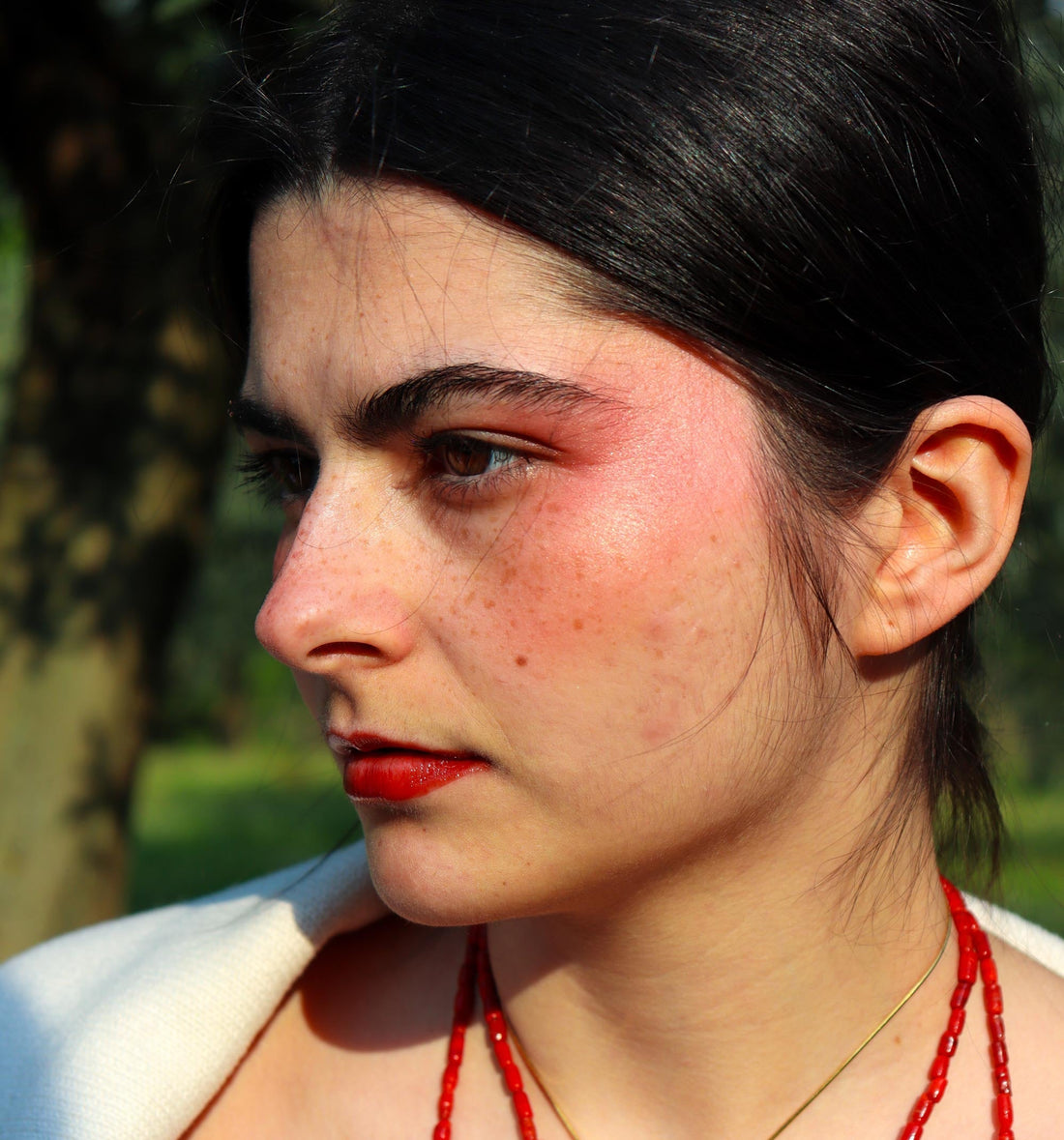TL;DR:
Feeling pressured by beauty standards? You’re not alone. Here’s how loving your authentic self, embracing gender fluidity, and redefining self-worth can break the cycle and build real confidence.
Why do beauty standards affect self-esteem?
Have you ever caught your own reflection and felt that pang of “not enough”?
You’re not imagining it—decades of airbrushed ads, social media, and “ideal” bodies create a relentless measuring stick. These old beauty standards can sap your self-esteem and make you question your self-worth.
But here’s the truth: Real beauty is diverse, imperfect, and authentic. And every day, more people are rewriting the rules.

Have beauty standards always been the same?
Nope! Beauty has never been just one thing.
- Ancient Egypt: Bold lips, dramatic eyes, and statement looks were in (CNN, 2020).
- Renaissance: Full figures were a symbol of health and beauty (CNN, 2021).
- Today: Media often pushes a single version of “pretty”—one that doesn’t represent most of us.
But beauty standards change—and right now, they’re changing fast. The new era is all about acceptance, diversity, and self-love.
Who is changing the narrative around beauty and self-worth?
Look around: The real icons aren’t cookie-cutter models—they’re people who own their story. Just to mention a few of them:
- Ericka Hart: Proud breast cancer survivor and activist.
- Maeva Marshall: Model with vitiligo, showing skin is a canvas, not a standard.
- Nyle DiMarco: Deaf and androgynous, challenging all norms.
- Slick Woods: Unique features, bold looks, zero apologies.
Body positive, skin acceptance, and gender fluidity movements are now everywhere—proving there’s no “right” way to be beautiful. The only rule: Be you.
How do I start building real self-esteem and self-worth?
It starts with a mindset shift—and daily practice.
- Celebrate your quirks: The things you hide might be your greatest strengths.
- Try new things: Bold makeup, a statement outfit, or a “bare-faced” day—anything that feels like you.
- Unfollow accounts that don’t make you feel good.
- Surround yourself with people (online and offline) who celebrate authenticity and difference.
Remember, loving yourself isn’t vanity—it’s power.
What do the facts say about beauty standards and self-esteem?
- Nearly half of women compare themselves to Barbie dolls.
- 7 in 10 girls and women say media sets an impossible standard for beauty.
-
Body dissatisfaction costs the U.S. $300 billion a year in lost productivity, health issues, and more.
FAQs
What are beauty standards?
Beauty standards are societal norms and expectations about what is considered beautiful or attractive.
What were the beauty standards in the past?
In the past, beauty standards varied across different times and cultures. For instance, Ancient Egyptians favored boldly painted lips and kohl-adorned eyes, while the Renaissance period celebrated fuller figures.
How are beauty standards portrayed in the media?
Beauty standards in the media are often shaped by a relentless bombardment of images and messages, suggesting individuals need to look a certain way to be deemed attractive.
Why are beauty standards a problem?
Beauty standards can be problematic because they set a limited and often unrealistic view of beauty, leading to self-doubt, body dissatisfaction, and appearance-based discrimination.
How do unrealistic beauty standards affect people?
Unrealistic beauty standards can shatter self-esteem, make individuals feel they don't measure up, and lead to economic costs, as seen in the U.S. where body dissatisfaction costs around $300 billion annually.
What is the relationship between beauty standards and self-esteem?
Beauty standards directly impact self-esteem. When individuals feel they don't meet these standards, their self-worth and confidence can be negatively affected.
How do you challenge beauty standards?
Challenging beauty standards involves embracing one's unique beauty, supporting movements that celebrate diversity, and promoting the idea that every skin tone, body size, and unique feature should be celebrated.




